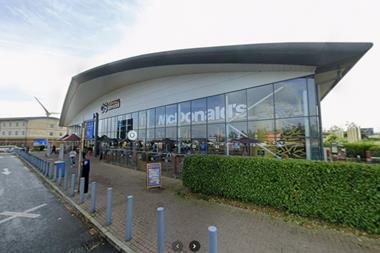The Association of Convenience Stores (ACS) has welcomed a series of recommendations from the Treasury Select Committee on the future of business rates.
The Treasury Select Committee launched the Impact of Business Rates on Business inquiry in February this year to assess how business rates policy has changed, including business rates retention, alternatives to property-based taxes, such as the proposed digital services tax, and how changes to business rates could impact businesses.
ACS signed a letter alongside 50 other retail organisations calling for the Chancellor of the Exchequer Sajid Javid to reform the business rates system.
Key recommendations from the report include:
- HM Treasury should review all business rate reliefs to ensure they are necessary, the reliefs system should align with government policy to encourage investment.
- Business rates must not undermine the government’s intentions to encourage businesses to invest in energy efficient technology.
- Government should prepare a consultation in time for the Spring Statement to explore alternatives to business rates – this should focus on the ease and speed of potential reforms and impact on fairness.
- The VOA should review its internal valuation procedures, to look at whether there is scope to improve valuation methodologies.
Findings from the 2019 Local Shop Report revealed that convenience retailers invested £633million in their stores in the last year, with refrigeration (often for energy efficiency reasons) being the most common form of investment.
ACS chief executive James Lowman said: “We are pleased that the report has acknowledged the need for the rates system to encourage investment, rather than undermine it.
“It is vital that Government policy works to support these businesses as they change in line with their customers and communities, providing the essential products and services they need, as they improve security through installing CCTV and other equipment, and as they increase efficiency and productivity through investment in technology. It is simply wrong that the current business rates system mitigates against this innovation and investment, and this report is an important contribution to the debate on how the system needs to change.”

































No comments yet